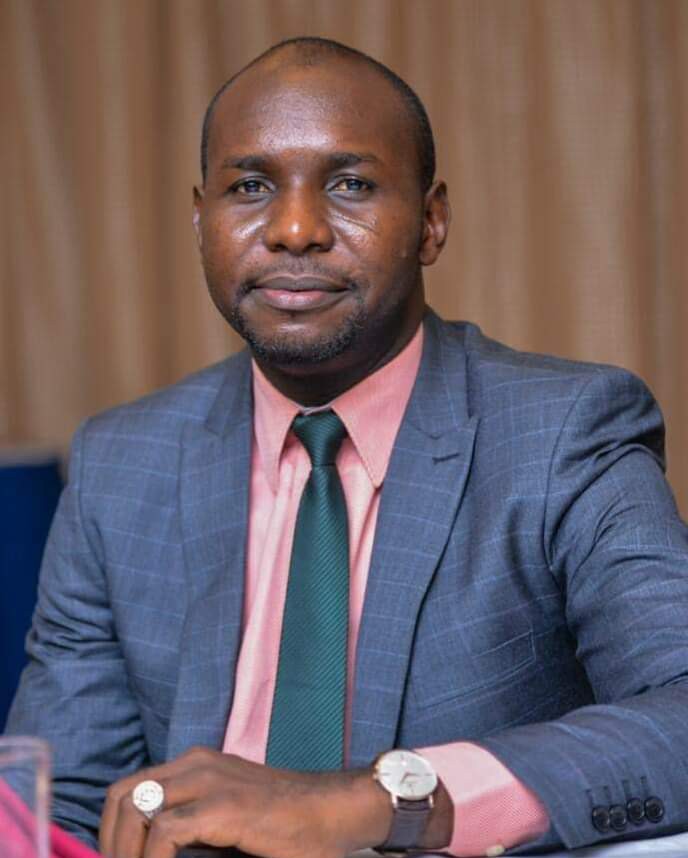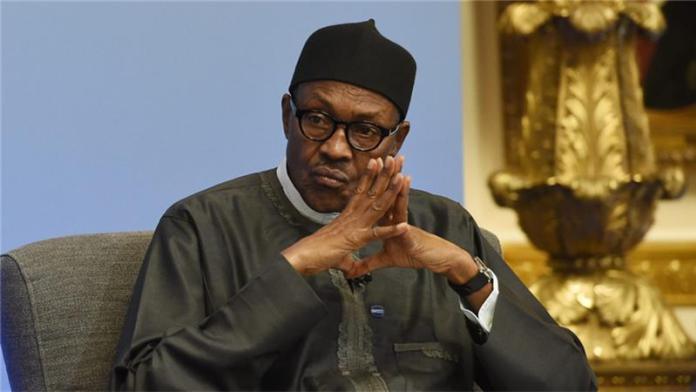Southern Kaduna Crisis: The Real Problem is Partisan Politicos, not Religion or El-Rufai
By Haruna Abullahi Haruspice
INFOMEDIA – How the press especially of the southern axis whimsically structured the southern Kaduna crisis as Christians and Muslims clash baffles me.
I have concluded that there is a hidden motive because all the obviously scripted references point towards the perennially regurgitated tale: “there is a religious fight in Southern Kaduna”. There could be nothing more further from the truth than this.
One of the victims of the religious crisis narrative is the governor of the state in crisis, Mallam Nasir Ahmad El-Rufai. Indeed, he may be guilty of obstinate dogmatism, of sustaining a hegemonic influence and upholding the feudal lineage where the children of the elites cling to power.
However, one thing El-rufai is not is a religious bigot. El-rufai is, in fact, a bad product for religious apologists: he does not fit the bill. I daresay that, amongst Muslims who claim the righteousness of faith, Mallam El-Rufai does not qualify to be a ‘good’ Muslim. Many consider him too liberal and social in the sanctimonious sense of a real Muslim.
Remember that he suffered fatwa, condemnation and curses as minister of the Federal Capital Territory where he demolished scores of mosques built on sites not designated as worship arenas. This is why they do not invite him to speak at Islamic gatherings. He is simply not that religious enough.
We must understand that, in the same Southern Kaduna, there are indigenous people who are also Muslims as well as Fulanis who are Christians and pagans. All of them suffer as victims of the attacks. Therefore, if we are genuinely trying to find an end to the problem, let us have a clear understanding of the issues involved.
The Kaduna Kaduna situation, labelled a religious pogrom so far, is far from religious. It is a complicated tribal and ethnic struggle for occupation, dominance and power. Unfortunately, politicos and crisis profiteers continuously feed the furnace of conflict by emphasising the religious slant to the crisis and, by this act, contributing to the needless loss of lives. This will not solve the problem.
Read Also:
I make bold to say that the Southern-Kaduna crisis is not a religious conflict and El-rufai is not the religious bigot pushing it. This unfortunate crisis, that has cost so many lives and property, is the product of deep-rooted mutual distrust and animosity between the tribes of southern Kaduna and the Fulani. It is not the Hausas or Muslims! Our focus should be on unravelling the ethnic angle of the crisis, as wrongly labelling the crisis distorts realities and indirectly gives legitimacy to the politicos behind it.
The danger of ignoring the ethnic angle is that making the Kaduna crisis a religious issue can create a nation-wide situation, with dire consequences, from a problem that can be contained and resolved in Southern Kaduna. It will be easy for us to end the problem collectively, while it is still a Kaduna problem than a national problem of Islam versus Christianity. We know that religious sentiments sell more and can be weaponized by politicos to further ulterior motives. It can swallow us all and still not solve the problem.
Religious intolerance in the north ended with the coming of Boko Haram where everyone, including Christians and Muslims, became victims of the deadly onslaught. The death of thousands killed in mosques and churches ended the needless supremacy religious fight between Christians and Muslims. What we have now is a different issue that needs a different approach.
In conclusion, I call on all those concerned with the conflicts in the north to address them genuinely. Where the causes are tribal, ethnic, political or economic, we should address them, specifically, as such because muddling them in different colours makes genuine palliative efforts very difficult to implement.
Let us not complicate what we can address simplistically. Let us not be enablers of violence by allowing people with selfish interests to get away with labelling any crisis with religious tags. Let us, equally, beam our interventions to the conflicts ongoing in Zamfara, Katsina, Taraba, Benue, Cross River etc. as we treat the problem without adducing them to non-related causes.
About the author: Abdullahi Ojoanyonu HARUNA is a public affairs analyst, public relations strategist, and media entrepreneur.
The views expressed in this article are the author’s own and do not necessarily reflect the editorial policy of INFOMEDIA



























